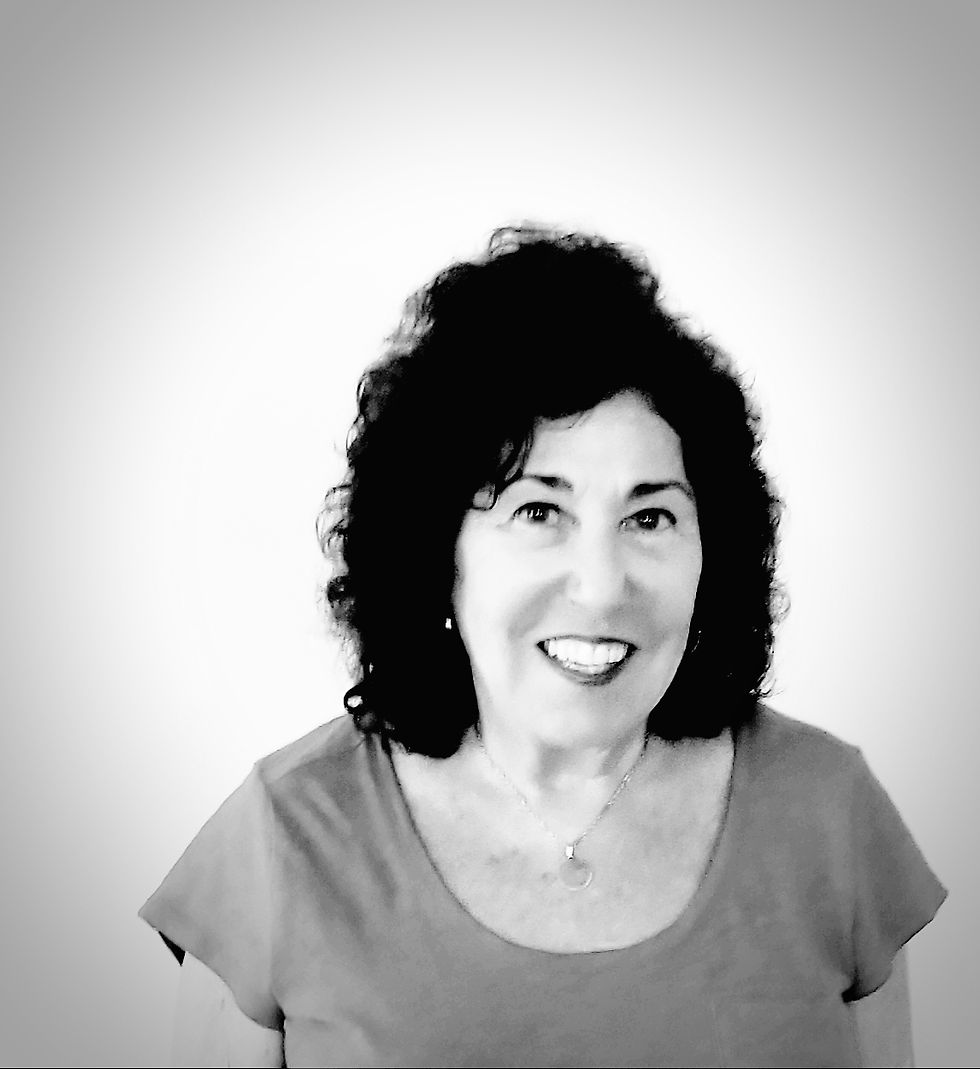Big Goals. Small Steps.
- Dr. Ilene Nathanson
- Jul 7, 2020
- 3 min read
Updated: Oct 19, 2020
I feel fortunate that, as a college professor, I’ve had the privilege of being able to plan my retirement. An additional, completely unexpected “gift” was that, in the midst of this horrible pandemic, I’ve had a pocket of time in which to reflect on how to manage this transition.

As I began grappling with this new phase I realized that I had a personal precedent on which I could draw: When I started out as a new faculty member 32 years ago, I was in a similar transitional borderland. I was given a set of performance standards by which I’d be measured for research, teaching and service. I was clueless about how to organize my time and efforts. Aside from having to show up for my classes and a few committee meetings, I was on my own. There was no Good Old Girls network for guidance and support.
I needed to develop a research agenda which was a task I’d never before faced and having never taught before, I was completely intimidated by my students, an added cause for anxiety. For some time, the uncertainty was so daunting that part of me wanted to run back to the familiar harbor of a full-time social service agency job.
In reflecting on this period, I realize that one irony is that I finally conquered the mountain by applying my own best advice as a clinical social worker and educator: Concentrate on the process, not the outcome; break down the problem into manageable components; keep plugging along! It may seem paradoxical, but hyper-focusing on the end game will only get you anxious and not get you to where you want to go. That said, it’s also true that one needs specific focus to avoid getting lost in the process. Every little step taken is both an end in itself and an opportunity to reassess your direction.
Now 30 odd years later, my challenge feels remarkably similar to what it was back then: building my post-career work with the goal of guiding the next generation in a new way or — the other option — experiencing stagnation. My choice is clear and, having developed this personal template so long ago, I am going back to the principles that helped me survive those early years in academia and to ultimately thrive there.
I am developing my own structure because otherwise I will get lost in random activity. I’m working to identify new opportunities for personal fulfillment and holding myself to task, including expanding my educational and gerontological consulting activities and writing. I am not allowing myself to become overwhelmed even though at times I feel uncertain and anxious. Specific focus and time limits are powerful tools for promoting achievement. Yet, as I test the waters, I am allowing this next phase to unfold gradually and naturally. The process is the same as when I started my tenure at the university only a little less scary, because I have learned that activities generate new activities. I also learned way back then, it’s okay to ask for help and I am receptive to “followership” as well as “leadership.”
As a society we are still some distance from institutionalizing innovative reforms such as flexible hours and mentoring opportunities for older employees. LEANING OUT called to me because ultimately women need each other to promote what is in each of our separate interests. It is only through engagement with each other that we have the power to institute a new societal template for aging which will foster leadership, followership and purpose, reinforcing our individual and collective agendas.

Ilene Nathanson just retired from full time employment as Co-Founder and Chief Administrator of the Long Island University Collaborative MSW Program where she served as a Full Professor, Social Work. Her specialties include gerontology, clinical social work and health policy. Ilene has been a pioneer in promoting multidisciplinary practice with older adults, as evidenced in the publication, Elder Practice: A Multidisciplinary Approach. She received her “induction into gerontology” at the Brookdale Center on Aging of Hunter College. She is also recognized for her contributions to the development of the Nathanson-Giffords ethics scale for the social work profession.


Comments